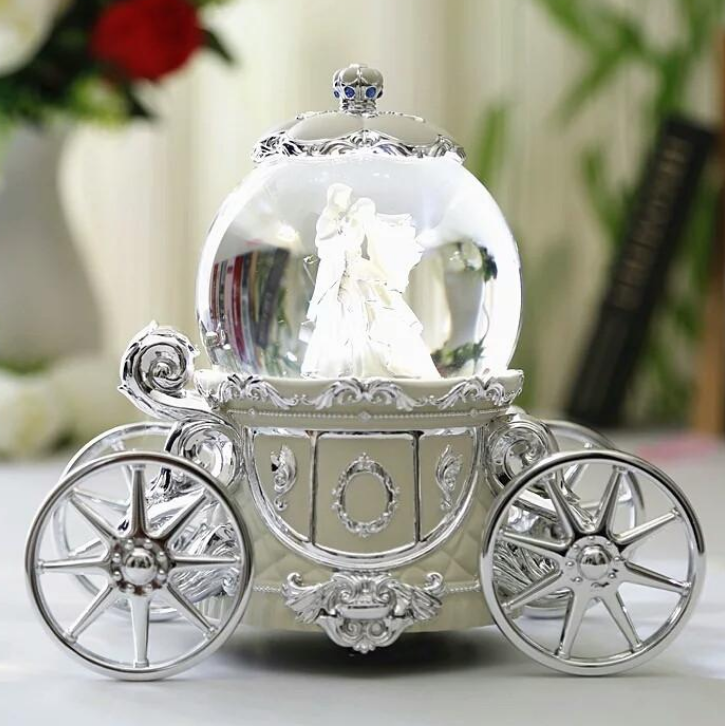If you ask an American when Christmas is, he'll tell you it's December 25th, but if you ask a Russian, he'll probably tell you it's January 7th.
Who is going wrong?
Actually, to be precise: both dates are Christmas, and they're on the same day.
In the beginning, Christianity believed that December 25 is the day of the birth of saints, so as Christmas. The calendar used at this time was called the Julian calendar.
In 395, Theodosius I, the Roman emperor, died and gave it to two sons, acrylic snow globe, so that the Roman Empire could be divided into two, the West and the East. Christianity was split into two, Catholic in the western Roman Empire and Orthodox in the eastern Roman Empire.

All was well until a genius was born: Aloysius Lilius, an Italian physician and philosopher.
He found the Julian calendar flawed. Here's why (test your math skills, folks) :
The essence of the calendar is the time it takes the Earth to go around the sun, the revolution of the Earth. At that time, science could only measure the Earth's revolution time to 365.25 days. But the earth actually rotates in about 365.24219 days, which makes a year slower by 0.00781 days, adding up to a loss of about one day every 128 years.
For Lius, this error was too great to tolerate, so a new condition was added to the Julian calendar:
All century years (divisible by 100, like 1800 and 1900) that are divisible by 400, with leap days, are 366 days; If not divisible by 400, there are no leap days. There are 365 days in a year. For example, in 1900 it was 365 days, and in 2000 it was 366 days.
So the error is down to one day per 8,000 years.
On October 4, 1582, Pope Gregory XIII, the Roman Catholic leader of the Western Roman Empire, approved Rilius's ingenious plan. The Julian calendar was abolished in favor of a new one. The Pope named it the Gregorian calendar after himself...
Kind of shameless, considering Lius invented it, but he named it after himself.
But the Eastern Empire certainly did not use the Western calendar. It still used the Julian calendar, and the error with the more accurate Gregorian calendar grew to a staggering 13 days.
December 25th in the Julian calendar is January 7th in the Gregorian calendar. So, this year, both sides celebrate Christmas on the same day, but not the same day.
Later, the Gregorian calendar was recognized worldwide because of its accurate timing and became the Gregorian calendar in use today. The territories of the ancient Eastern Roman Empire also used the Gregorian calendar, but instead of moving to December 25, Christmas Day remained on January 7.